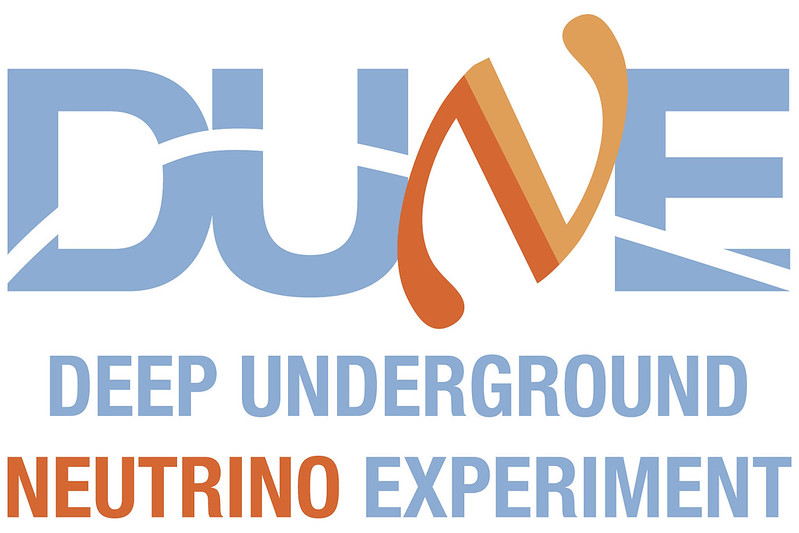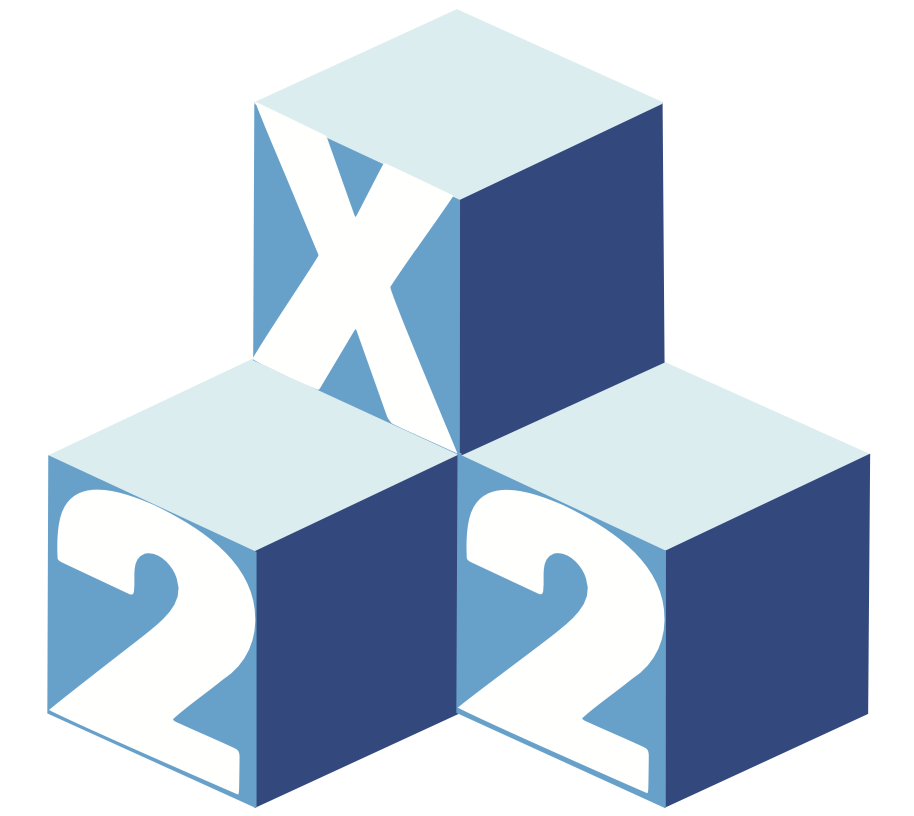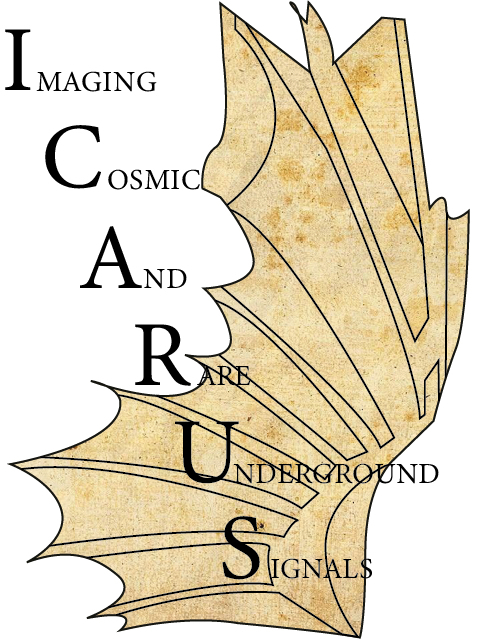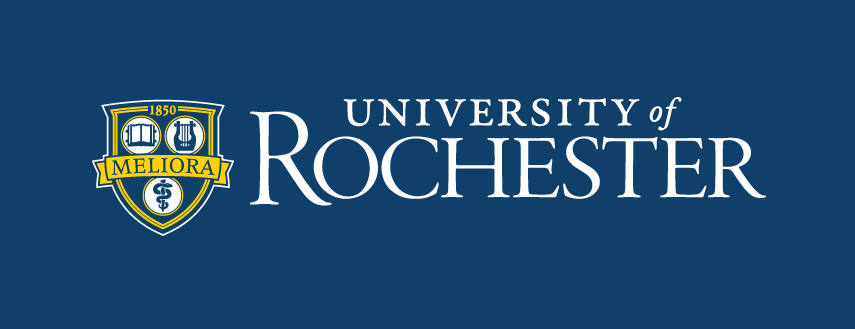
Home Institution: University of Rochester
Renzo Vizarreta
PhD Candidate @ University of RochesterMy research:
My thesis is focused on the measurement of neutrino-argon CC cross section in the messonless channel (1μNp0π - one muon, N protons, zero pions) using the NuMI off-axis beam at ICARUS. This channel is particularly valuable because it isolates quasi-elastic-like interactions and two-particle-two-hole (2p2h) processes that are sensitive to nuclear effects in argon. By studying events with no final-state mesons, I can probe nuclear physics phenomena like Fermi motion and final-state interactions that are crucial for understanding neutrino energy reconstruction in oscillation experiments.
My expertise is:
Detector remote controls and monitoring systems. I designed and implemented the slow controls infrastructure for DUNE’s 2×2 prototype, from where we successfully monitored detector parameters including low and high voltage power supplies, temperature sensors, impedance monitors, and cryogenic systems during the detector’s first physics data-taking period in 2024. This is a multi-layered monitoring architecture integrating various hardware components (Spellman HV supplies, Raspberry Pi controllers, WIENER power supplies) through different communication protocols, with robust data storage and visualization solutions using InfluxDB, PostgreSQL, and Grafana along with React JS and FastAPI for development.
A problem I’m grappling with:
Improving pion identification through Michel electron tagging to reduce the pion contamination in my neutrino sample, enabling precise cross-section measurements.
I’ve got my eyes on:
SPINE - the new deep learning reconstruction framework for ICARUS/DUNE that could solve my Michel electron reconstruction challenges and dramatically improve particle identification efficiency-purity. It could offer several advantages: better handling of complex hit patterns near track endpoints, improved separation of overlapping particle signatures, and more robust reconstruction of low-energy electrons that current algorithms often miss or misassign.
I want to know more about:
Advanced reconstruction algorithms, deep learning applications in particle physics, reducing measurement uncertainties, and broader applications of analysis techniques.



